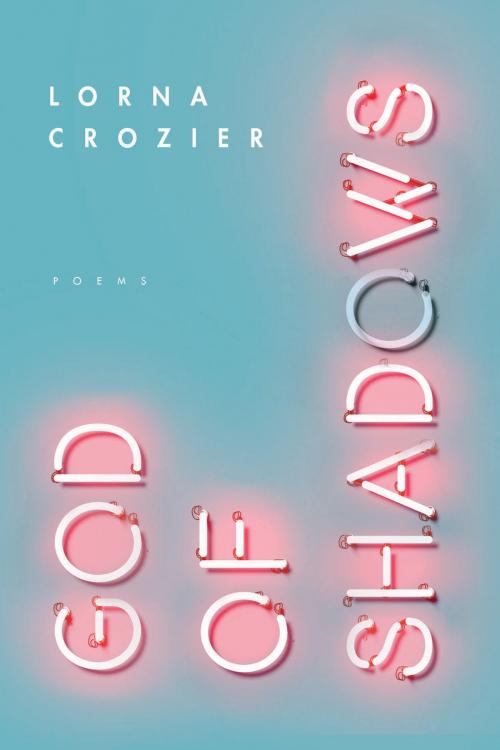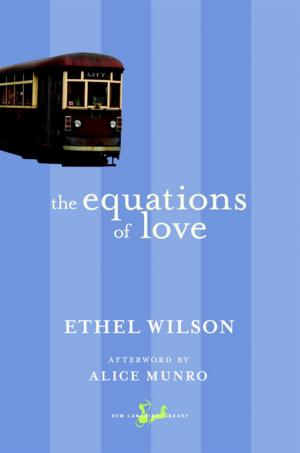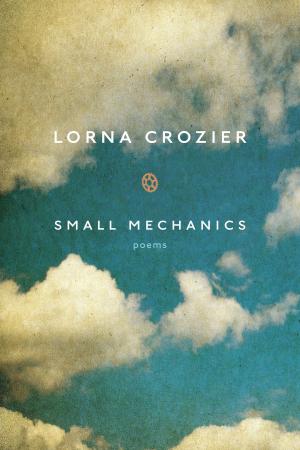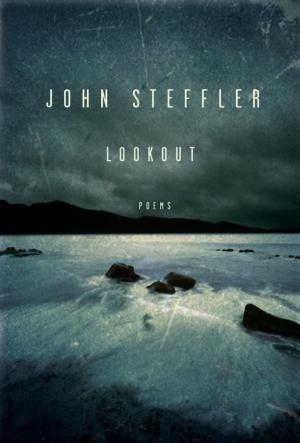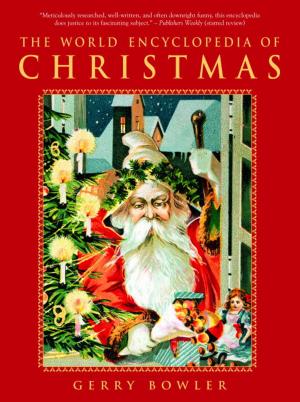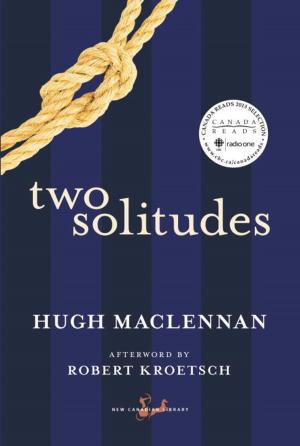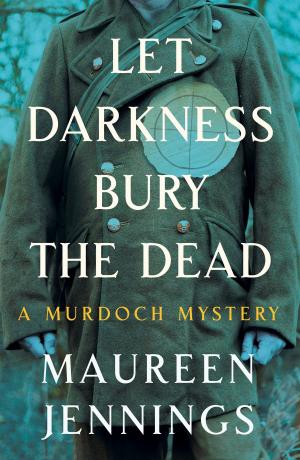| Author: | Lorna Crozier | ISBN: | 9780771073144 |
| Publisher: | McClelland & Stewart | Publication: | August 21, 2018 |
| Imprint: | McClelland & Stewart | Language: | English |
| Author: | Lorna Crozier |
| ISBN: | 9780771073144 |
| Publisher: | McClelland & Stewart |
| Publication: | August 21, 2018 |
| Imprint: | McClelland & Stewart |
| Language: | English |
The celebrated poet hailed by Ursula K. Le Guin as a "storyteller, truth-teller, and visionary" gives us a mesmerizing new collection of poems that are funny, wise, moving, and surprising.
How many gods can dance on the head of Lorna Crozier's pen?
The poet Lorna Crozier has always been brilliant at fusing the ordinary with the other-worldly in strange and surprising ways. Now the Governor General's Literary Award-winning author of Inventing the Hawk returns with God of Shadows, a wryly wise book that offers a polytheistic gallery of the gods we never knew existed and didn't know we needed. To read these poems is to be ready to offer your own prayers to the god of shadows, the god of quirks, and the god of vacant houses. Sing new votive hymns to the gods of horses, birds, cats, rats, and insects. And give thanks at the altars of the gods of doubt, guilt, and forgetting. What life-affirming questions have these deities come to ask? Perhaps it is simply this: How can poems be at once so profound, original and lively, and also so much fun?
The celebrated poet hailed by Ursula K. Le Guin as a "storyteller, truth-teller, and visionary" gives us a mesmerizing new collection of poems that are funny, wise, moving, and surprising.
How many gods can dance on the head of Lorna Crozier's pen?
The poet Lorna Crozier has always been brilliant at fusing the ordinary with the other-worldly in strange and surprising ways. Now the Governor General's Literary Award-winning author of Inventing the Hawk returns with God of Shadows, a wryly wise book that offers a polytheistic gallery of the gods we never knew existed and didn't know we needed. To read these poems is to be ready to offer your own prayers to the god of shadows, the god of quirks, and the god of vacant houses. Sing new votive hymns to the gods of horses, birds, cats, rats, and insects. And give thanks at the altars of the gods of doubt, guilt, and forgetting. What life-affirming questions have these deities come to ask? Perhaps it is simply this: How can poems be at once so profound, original and lively, and also so much fun?
